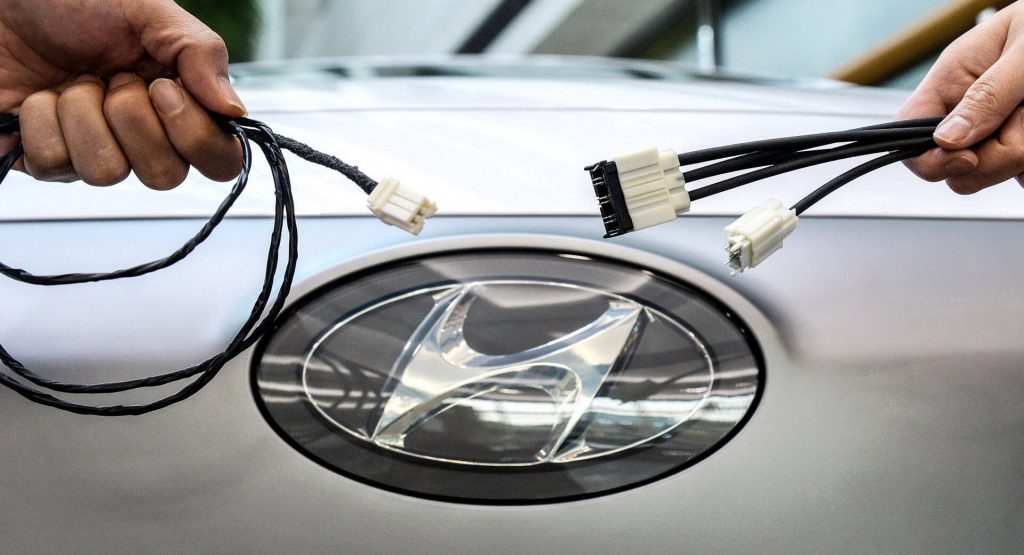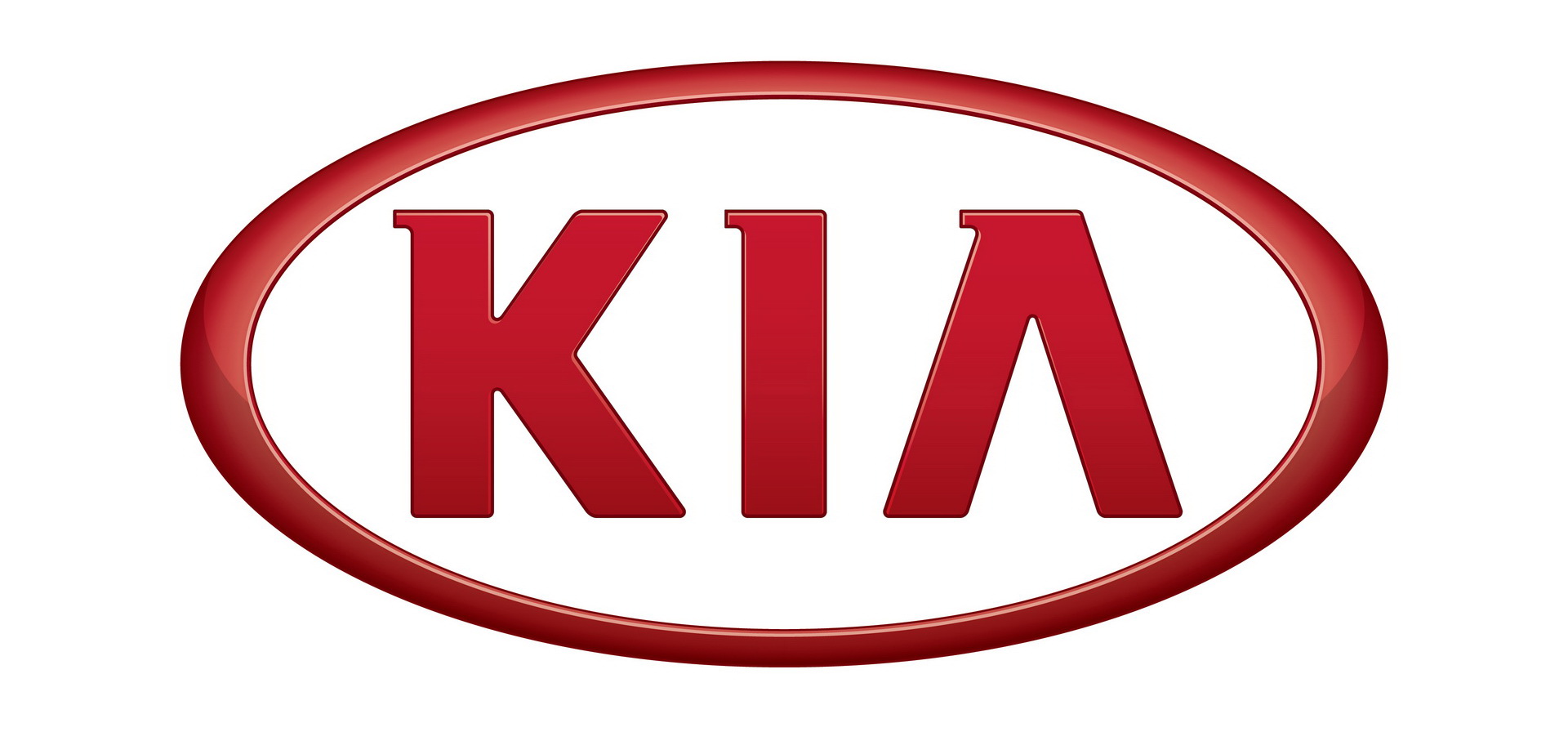Multiple U.S. states are currently investigating both Hyundai and Kia for potentially unfair and deceptive acts related to hundreds of reported vehicle fires.
The two automakers have recalled more than 2.3 million vehicles since 2015 in order to address various engine fire risks, whereas back in November, federal prosecutors had launched a criminal investigation into the South Korean brands to determine if specific recalls linked to engine defects had been executed properly.
“We are aware of multiple fires involving Connecticut vehicles, including some allegedly already repaired through the recall process. This is a serious matter, and we are moving aggressively and responsibly to uncover the facts and to ensure accountability,” said Connecticut Attorney General William Tong in a statement.
In 2015, Hyundai recalled 470,000 Sonata sedans in the U.S., arguing that engine failure would result in a vehicle stall. However, Kia did not recall its own vehicles that shared the Sonata’s Theta II power unit until March 2017, when 618,000 Optima, Sorento and Sportage models were called back – along with more Sonatas and Santa Fe Sport crossovers.
Last month, the Center for Auto Safety told Congress that Hyundai and Kia must recall more vehicles at risk of fires after reports of 300 such incidents taking place without there being a collision. Earlier this week, Sen. Richard Blumenthal, D-Conn, asked the NHTSA to launch a safety defect investigation into Hyundai and Kia vehicles equipped with the previously-mentioned Theta II engine, and order an immediate recall, reports Autonews.
Hyundai has put out an official statement saying that it is “fully cooperating with the government in this matter, and is committed to providing American motorists with safe, high quality, efficient and affordable vehicles.” The automaker added that it “has made numerous improvements to our engine manufacturing, and has enhanced our customer service efforts to address every single impacted customer.”
Kia has yet to offer a comment and a spokeswoman for the Connecticut attorney general declined to say how many states are currently involved in this investigation.




